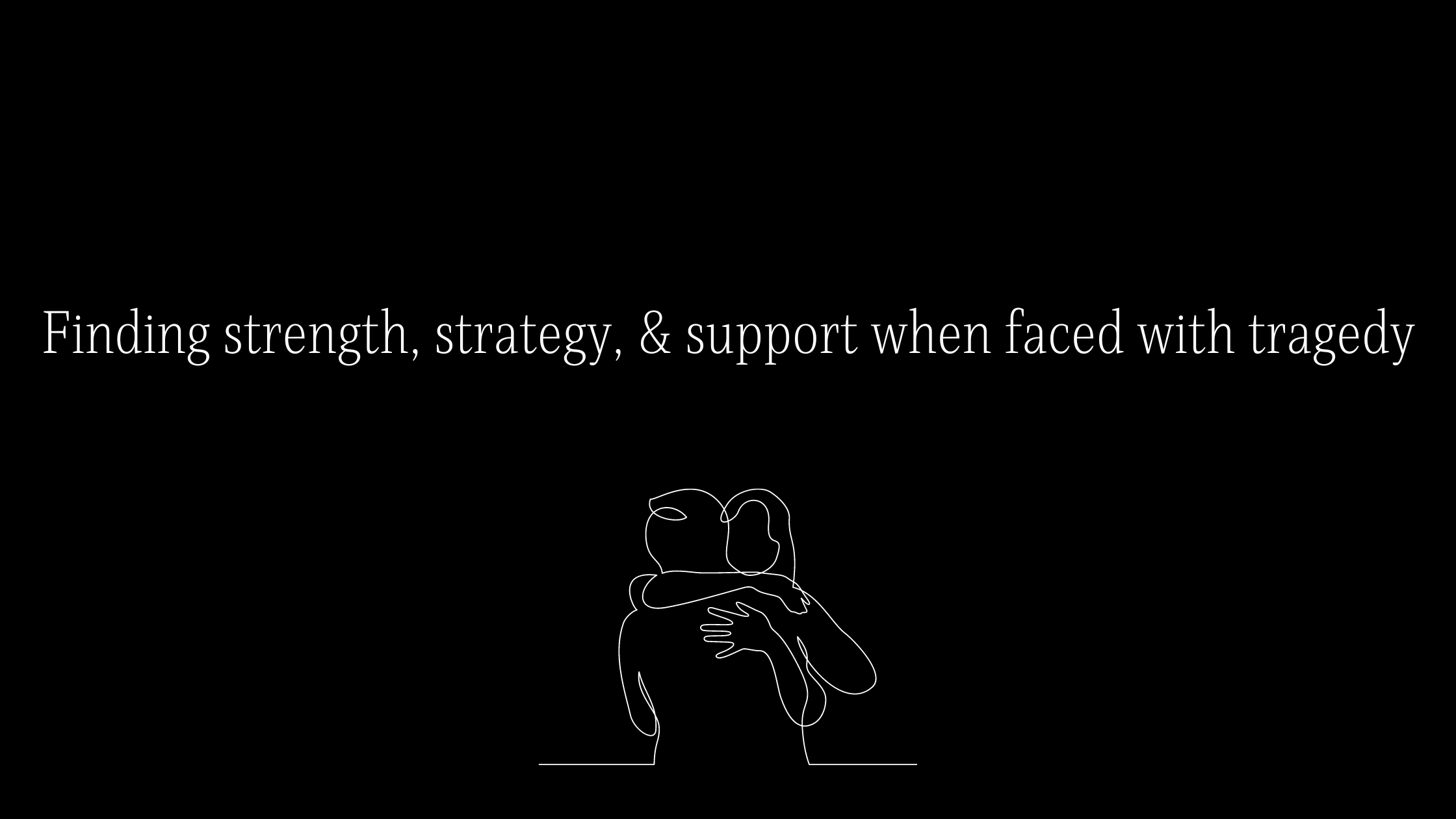When my teen gets up for a late breakfast, they glance at me while opening the fridge. “Did you hear about Colorado?” We look at each other for a moment longer. My teen is quite open about the community they are part of. From the Converse pride flag soles of their shoes upwards. The idea that someone would want to physically harm them for this is both terrifying and mundane to us both.
I don’t need to let them know that people out there wish them harm because of their identity. They spend more time on social media than I do, and they know that. I do spend more time listening to NPR, so I can highlight that the recent elections were a rainbow wave, with 340 LGBTQ candidates, the highest number ever, getting elected. We discuss how change scares people, and there is often violent pushback to positive social change, but ultimately, it is unsuccessful.
My teen doesn’t need to know the details of my fear for them and their friends. But I can stay informed, so I can talk to them about what their lives are like. I can campaign for the change I want to see and normalize their identity in my everyday social conversations. I can ensure that their school or college is a supportive environment for them. We will celebrate the positive changes that are already here and those that will continue to come for them.
Ruth Mills
This message, shared by our incredible therapist Ruth, shows a glimpse into the vulnerability, fear, bravery, and hope many of us feel in our day-to-day lives, faced with ongoing tragedy and reminders of hate.
We know it is challenging to have these conversations with your children. When you have spent their entire lives ensuring they are protected, it can become overwhelming to be confronted with the feelings of helplessness that can come with these acts of violence.
Ruth’s experience with her child shows that not one of us is alone in these feelings. We can regain our strength and show up for our children in impactful ways. For Ruth, she makes it a priority to keep informed on politics so that she has positive news to share and celebrate with her child. She also finds ways to be an advocate and supporter in every aspect of their life.
These are strategies that Ruth takes to address the feelings of fear and show that we are not helpless. We do not have to cave into accepting this as our reality. Every parent, person, and family is different, so different strategies will work for different people.
It is crucial, though, to reflect on what works for you. What specific actions do you take to remind yourself of the positive, to regulate yourself, and to be there for your child, whether directly or indirectly, when they need it most?
Remember, if you see a therapist at IFC, please don’t hesitate to schedule a session if you need a little extra support in navigating these situations and feelings. We are here for you.

